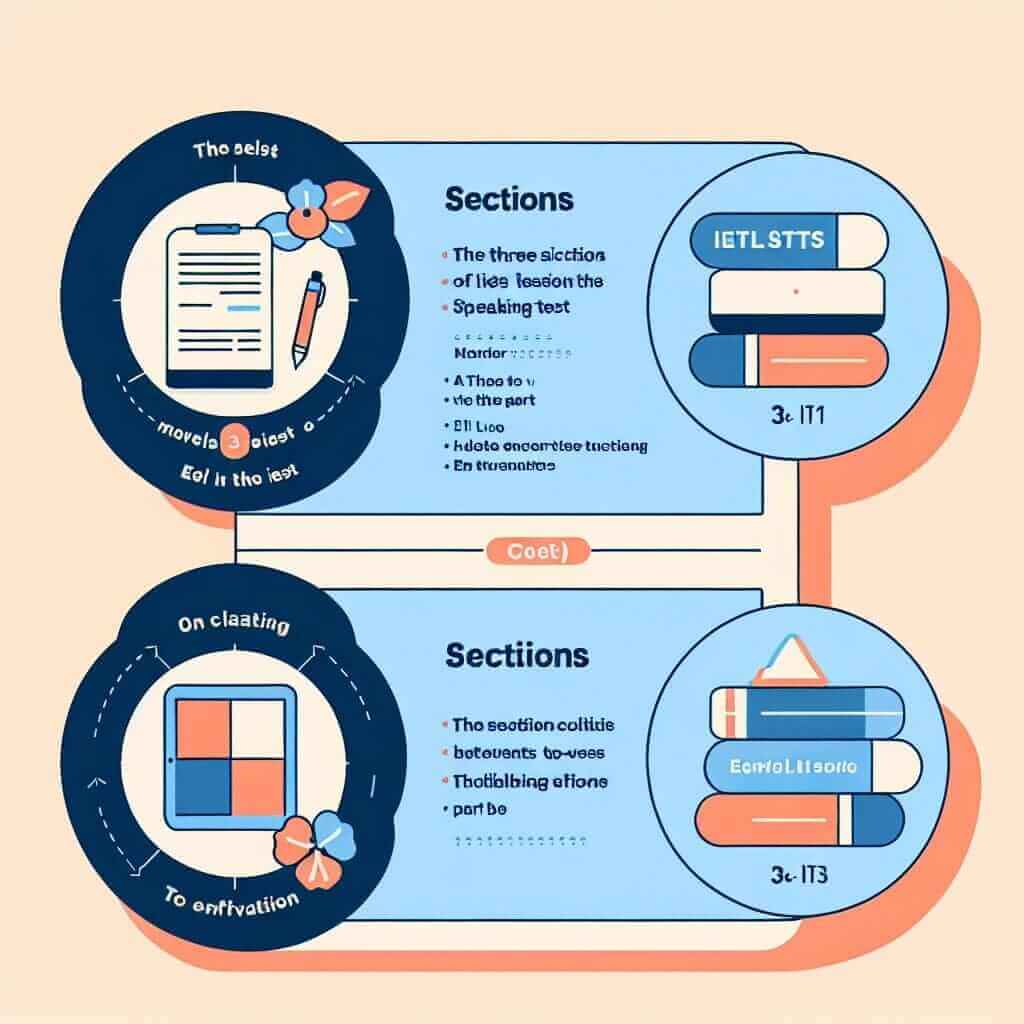As an IELTS instructor with over two decades of experience, I’ve encountered countless students on their journeys to conquer this exam. The phrase “Who’s crazy IELTS?” often pops up, usually laced with a mix of humor and frustration. It reflects the challenging yet rewarding nature of this test. Let’s dive into the intricacies of IELTS preparation and understand why it can sometimes feel like a wild ride.
Understanding the “Craziness” of IELTS
The “craziness” often stems from the unique demands of the IELTS exam:
1. The Breadth of English Skills Tested
IELTS assesses your proficiency in all aspects of English:
- Listening: Understanding various accents and speech styles.
- Reading: Comprehending complex academic and general interest texts.
- Writing: Articulating ideas coherently and persuasively in different formats.
- Speaking: Communicating fluently and accurately on a range of topics.
This comprehensive approach, while thorough, can feel overwhelming if you’re not prepared to tackle all areas simultaneously.
2. The Specific Format and Time Constraints
Each section of the IELTS has a specific format and strict time limits, adding pressure to perform:
- Imagine trying to formulate a well-structured essay on an unfamiliar topic in just 40 minutes (Writing Task 2)!
3. The Subjectivity of Certain Sections
The Speaking and Writing sections involve subjective assessment criteria. While there are clear band descriptors, individual examiner interpretations can vary slightly.
Taming the IELTS Beast: Effective Preparation Strategies
1. Embrace a Holistic Approach
- Don’t just focus on your weaknesses. Consistently practice all four skills to ensure a balanced skill set.
2. Master Time Management
- Practice under timed conditions to get accustomed to the exam’s pace. Use practice tests to refine your timing strategies.
3. Familiarize Yourself with the Format and Marking Criteria
- Understanding the test format and band descriptors is crucial. This awareness allows you to tailor your responses to meet the specific requirements of each section.

Example: Navigating the IELTS Speaking Test
Let’s say the IELTS Speaking test throws you a curveball: “Describe a time you had to adapt to a new situation.”
- Don’t panic: Take a moment to gather your thoughts.
- Structure your response: Use a clear beginning, middle, and end.
- Focus on fluency and coherence: Use linking words and phrases to connect your ideas smoothly.
- Use a range of vocabulary and grammar: Showcase your language skills.
Top Tips for IELTS Success:
- Start Early: Don’t cram! Consistent, long-term preparation yields the best results.
- Seek Professional Guidance: An experienced IELTS instructor can provide invaluable feedback and tailor your study plan.
- Utilize High-Quality Resources: Choose reputable practice materials and online platforms like “IELTS.NET – Learning IELTS Online.”
- Stay Motivated: Remember your goals and celebrate your progress along the way.
Conclusion
While the IELTS journey might feel a tad crazy at times, with the right approach and dedication, you can navigate it successfully. Remember, it’s not about being perfect; it’s about demonstrating your ability to communicate effectively in English. Good luck!